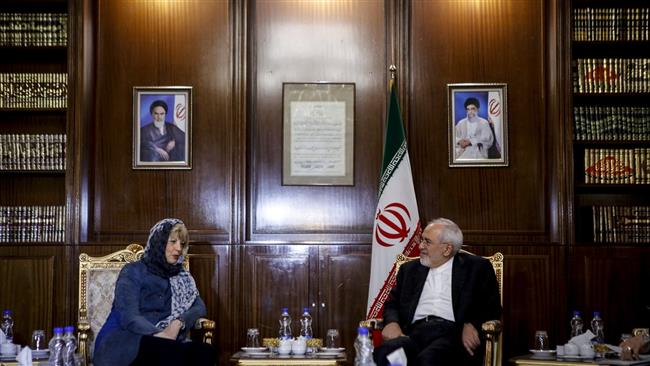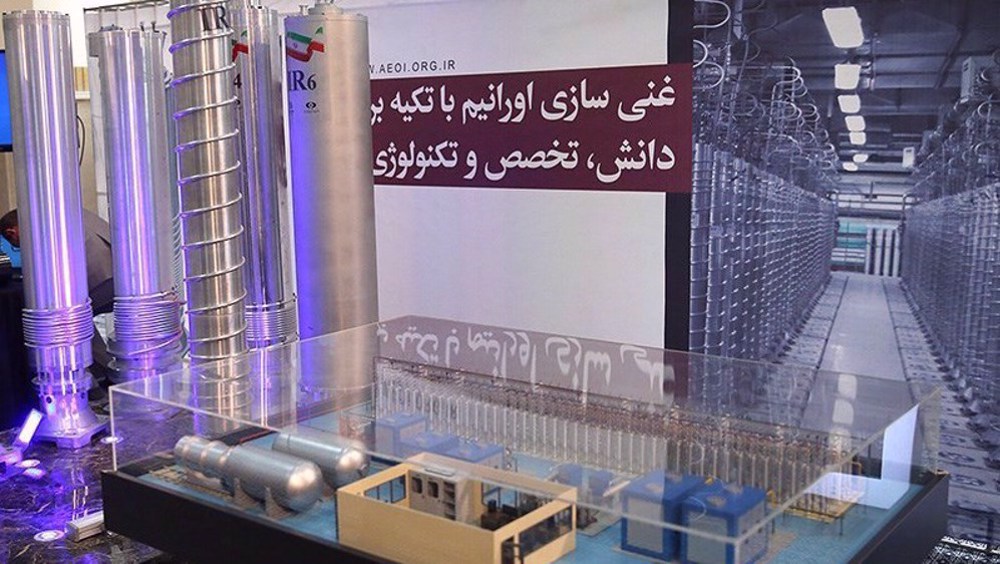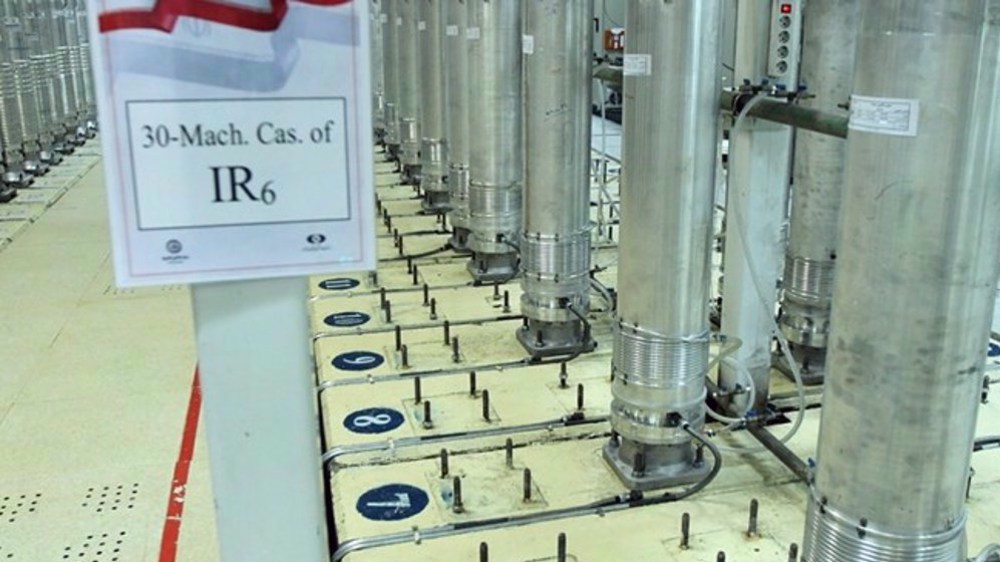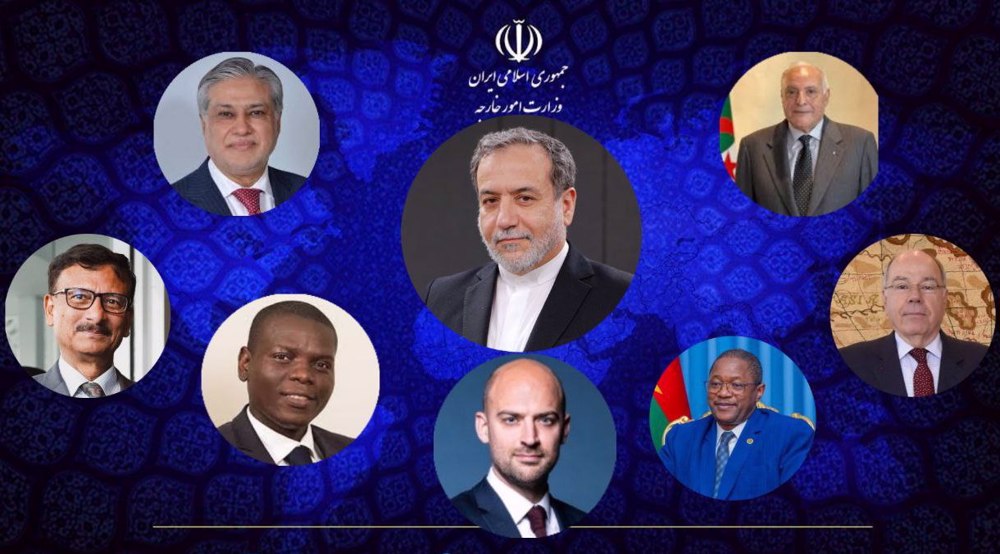All EU states supports full JCPOA implementation: Schmid
All member states of the European Union support the full implementation of the multilateral nuclear agreement reached between Iran and the P5+1 group of countries in 2015, Secretary General of European External Action Service (EEAS) Helga Schmid says.
Schmid, who is in Tehran at the head of a delegation to attend the third round of Iran-EU high-level talks, made the remarks in a meeting with Iranian Foreign Minister Mohammad Javad Zarif on Monday.
During the meeting, the two sides exchanged views about the implementation of the nuclear accord, known as the Joint Comprehensive Plan of Action (JCPOA), and the political developments in regional countries, including Syria, Yemen, Qatar and Lebanon.
Zarif and Schmid stressed the importance of addressing the existing political challenges in the region through diplomatic dialogue.
The Iranian foreign minister said the Islamic Republic was keen to continue talks with the 28-nation bloc about various issues.
On Monday, Iranian Deputy Foreign Minister for Legal and International Affairs Abbas Araqchi and Schmid presided over the third round of talks between Iran and the EU following the 2016 implementation of the JCPOA.
Iran and the five permanent members of the United Nations Security Council – the United States, France, Britain, Russia and China – plus Germany signed the nuclear agreement on July 14, 2015 and started implementing it on January 16, 2016.
Under the JCPOA, Iran undertook to put limits on its nuclear program in exchange for the removal of nuclear-related sanctions imposed against Tehran.
US President Donald Trump, who is a stern critic of the JCPOA, delivered an anti-Iran speech on October 13, in which he said he would not continue to certify Iran’s compliance with the terms of the deal, reached under his predecessor, Barack Obama. He warned that he might ultimately terminate the agreement.
Following his speech, the US Congress had less than 60 days to decide whether to reimpose economic sanctions on Tehran that were lifted under the nuclear accord.
The other parties to the accord -- Britain, Germany, France, Russia, China and the European Union -- have all reaffirmed their commitment to it and urged the United States not to back out.
The International Atomic Energy Agency on November 13 once again confirmed that Iran was in compliance with its commitments under the landmark nuclear agreement.
Iran's stock of low-enriched uranium was 96.7 kilograms as of November 5, well below a 202.8-kg limit, and the level of enrichment did not exceed the 3.67-percent cap, according to the IAEA’s report sent to the agency’s member states.
VIDEO | IAEA anti-Iran resolution
Iran urges pope to help end Israeli onslaught in Gaza
VIDEO | ICC's warrant against Netanyahu
VIDEO | Dispute over 'self-defense' clause
Israel destroys 8-story residential building in missile strike in Beirut
Nov. 22: ‘Axis of Resistance’ operations against Israeli occupation
VIDEO | Press TV's news headlines
VIDEO | US-Israeli genocide: Will Gazans see ceasefire deal achieved?











 This makes it easy to access the Press TV website
This makes it easy to access the Press TV website